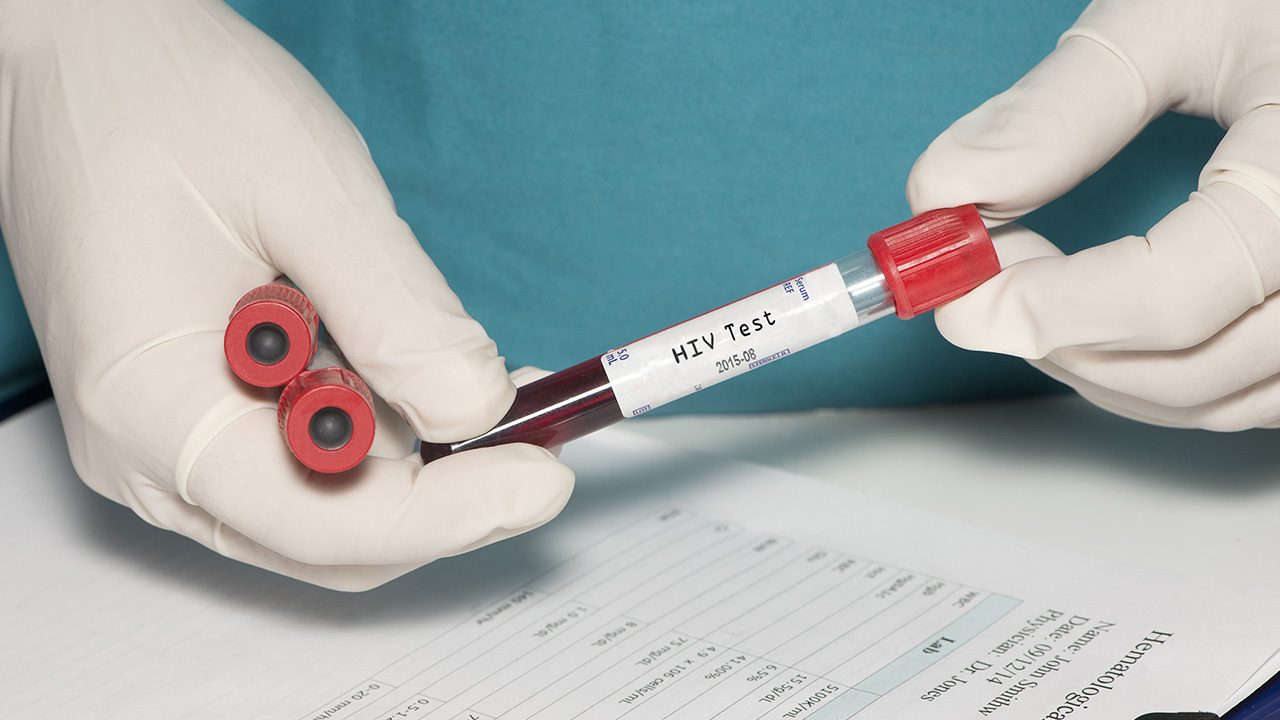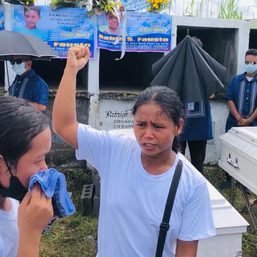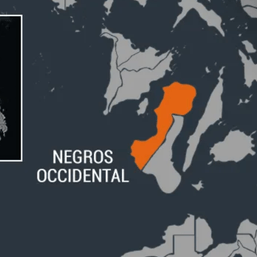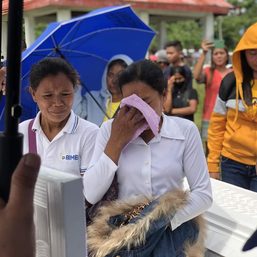SUMMARY
This is AI generated summarization, which may have errors. For context, always refer to the full article.

BACOLOD, Philippines – The Commission on Human Rights (CHR) has cautioned the city government of Bacolod against a proposal to place quick response (QR) codes on the health cards of those working in entertainment establishments as a measure to curb the spread of sexually transmitted diseases.
Bacolod City’s health office subjects workers of local entertainment establishments to regular health examinations. It then issues workers who complied with the mandatory health checks with “pink cards,” requirements for the annual registration and renewal of business licenses.
The city government has lumped commercial sex workers in the entertainers category and uses the pink cards to identify those engaged in the local sex trade.
CHR-Negros Director Vincent Parra said the proposal, pushed by City Legal Officer Romeo Carlos Ting on Friday, March 22, was a slippery slope and could violate laws on data privacy and AIDS prevention and control.
Ting has proposed that the pink cards bear QR codes, which would allow easy access to information on whether the workers are submitting to the mandatory health check-ups or not.
He said this would ensure that workers of entertainment establishments, particularly those who are engaging in the commercial sex trade, are free from STDs and receive medical attention in case they are infected.
Ting’s proposal has a gray area concerning CSWs who aren’t employed anywhere, as they are under the radar and have no pink cards.
Data from the Department of Health (DOH) and Philippine National AIDS Council (PNAC) showed that Negros Occidental, including Bacolod City, ranked third in Western Visayas in terms of cases of Human Immunodeficiency Virus/Acquired Immunodeficiency Syndrome (HIV/AIDS) infections.
As of 2022 alone, over 4,000 people were documented to have contracted the virus in Western Visayas.
Carls Libo-on, manager of the nongovernmental organization Bagani Community Center By Love Yourself (BCCBLY), said they see Ting’s proposal as vital in their HIV/AIDS awareness campaign in Bacolod City and Negros Occidental.
BCCBLY has established a center in Bacolod that currently takes care of more than 200 HIV/AIDS-positive individuals.
“Personally, I can say it’s a positive idea in this age of digitalization as this would allow commercial sex workers in Bacolod to have easy access to government services fit for them,” Libo-on said.
He said there was nothing wrong with it as long as checks and balances in handling CSWs in Bacolod are in place so that private data is not leaked.
Parra, however, advised the local government to be cautious, pointing out that there are stiff penalties against those who violate the country’s privacy laws.
Parra said all those behind the implementation of such a measure run the risk of being charged with violation of the Data Privacy Act of 2012, AIDS Prevention and Control Act of 1998, and Comprehensive Policy on HIV/AIDS Prevention, Treatment, Care and Support Act of 2018. – Rappler.com
1 comment
How does this make you feel?





![[OPINION] We should own our health](https://www.rappler.com/tachyon/2024/06/thought-leaders-we-should-own-our-health.jpg?resize=257%2C257&crop=271px%2C0px%2C720px%2C720px)

![[OPINION] A big defeat for Big Tech](https://www.rappler.com/tachyon/2024/03/big-defeat-big-tech-march-27-2024.jpg?resize=257%2C257&crop=425px%2C0px%2C1080px%2C1080px)










How sure is the City Government of Bacolod that such data will be kept private? If leaked, who will be responsible, how will such responsible persons be penalized, and how will the affected individuals be compensated? If the City Government of Bacolod does not have the answers or is not sure of its answers, then it is better to avoid adopting such a proposal.